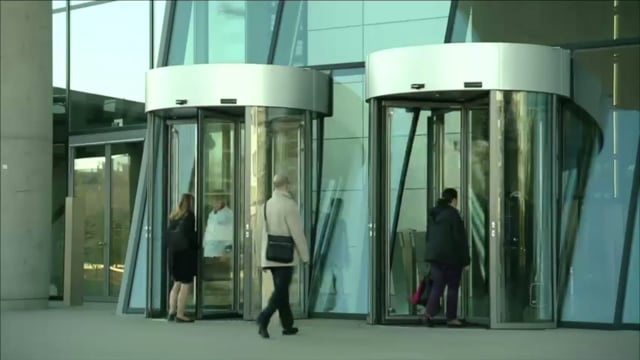[WATCH] Deputy PM on 'the perfect storm': Malta’s EU presidency faces tough challenges
Malta’s Deputy Prime Minister Louis Grech says the country has identified six core priorities that it will be placing at the top of the agenda of the Maltese presidency of the Council of the European Union in the first six months of 2017


Malta’s presidency of the Council of the European Union will be very difficult and engaging, with the UK expected to trigger Article 50 to start Brexit negotiations, while the EU tries to rebuild credibility in the European project and counter the widespread rise of extreme nationalism, according to Louis Grech, Malta's deputy prime minister and Minister for European Affairs.
Grech, who was addressing a press conference at Auberge d’Aragon on Monday, said that the six months of the Maltese presidency – between January and June 2017 – had been described as ‘the perfect storm’ because of upcoming events and the current political situation.
He said the Maltese presidency would be focusing on a number of core issues that it will seek to pursue with the other EU member states.
“Migration, the single market, security, social inclusion, Europe’s neighbourhood and the maritime industry will be the top priorities for the Maltese presidency,” he said.
“Brexit, the elections in France and Germany, the leaders’ summit to be held in Malta in February and the economic crisis will also require our close attention.”
Grech said that the present migrant and economic crises, together with a rise in extreme nationalism, had resulted in a lack of enthusiasm for the European project.
He said the Malta would take up the presidency knowing full well that the continuing sustainability of the EU needed to be ensured and that the union bureaucracy needed to reconnect with the citizens.
“We believe implementation will be crucial, and know that it will not be easy, but we intend to focus on our core priorities without ignoring issues,” he said.
“I am optimistic that we could help develop a broader vision for Europe and that the EU can come out of our presidency in a better situation than it currently finds itself in.”
On migration, Malta will be pushing for the swift implementation of measures that have already been agreed upon, and to ensure that the issue remains at the top of the political agenda.
“Our citizens are demanding action and we cannot afford to have a complacent EU that does not treat this subject with the urgency and importance it deserves.,” Grech said.
The Maltese presidency, he said, would also be improving and concluding key legislation already being negotiated on the single market, the EU’s greatest asset.
Grech stressed the importance for the EU to remain vigilant to ensure the security of its citizens, particularly in view of an increasingly-volatile international landscape. “The Maltese Presidency will contribute towards concrete progress on proposals that address regional and global challenges, while upholding the values that underpin the very existence of the Union,” he said.
“The EU’s first line of work in this area remains effective diplomacy, and in this respect we will work closely with the European External Action Service under the umbrella of the EU’s Global Strategy to manage the complex challenges of migration, terrorism, and hybrid threats.”
Social inclusion was one area the government was hoping would allow the country’s experience to rub off on Malta’s European partners.
And – aware of the potential ripple effects of instability beyond Europe’s borders – the Maltese presidency will focus EU engagement on the stabilisation of the bloc’s neighbourhood.
Grech said that the sustainability and continuing development of the maritime sector, under the EU Integrated Maritime Policy, fits naturally with the legislative priorities of an outward-looking island nation in the southern Mediterranean, like Malta.
“The sector provides a diverse spectrum of innovative research and commercial activities that could be developed into high value-added job opportunities in line with the Blue Growth Initiative towards growth and competitiveness,” he said.








.jpg)




.jpg)






.png)

